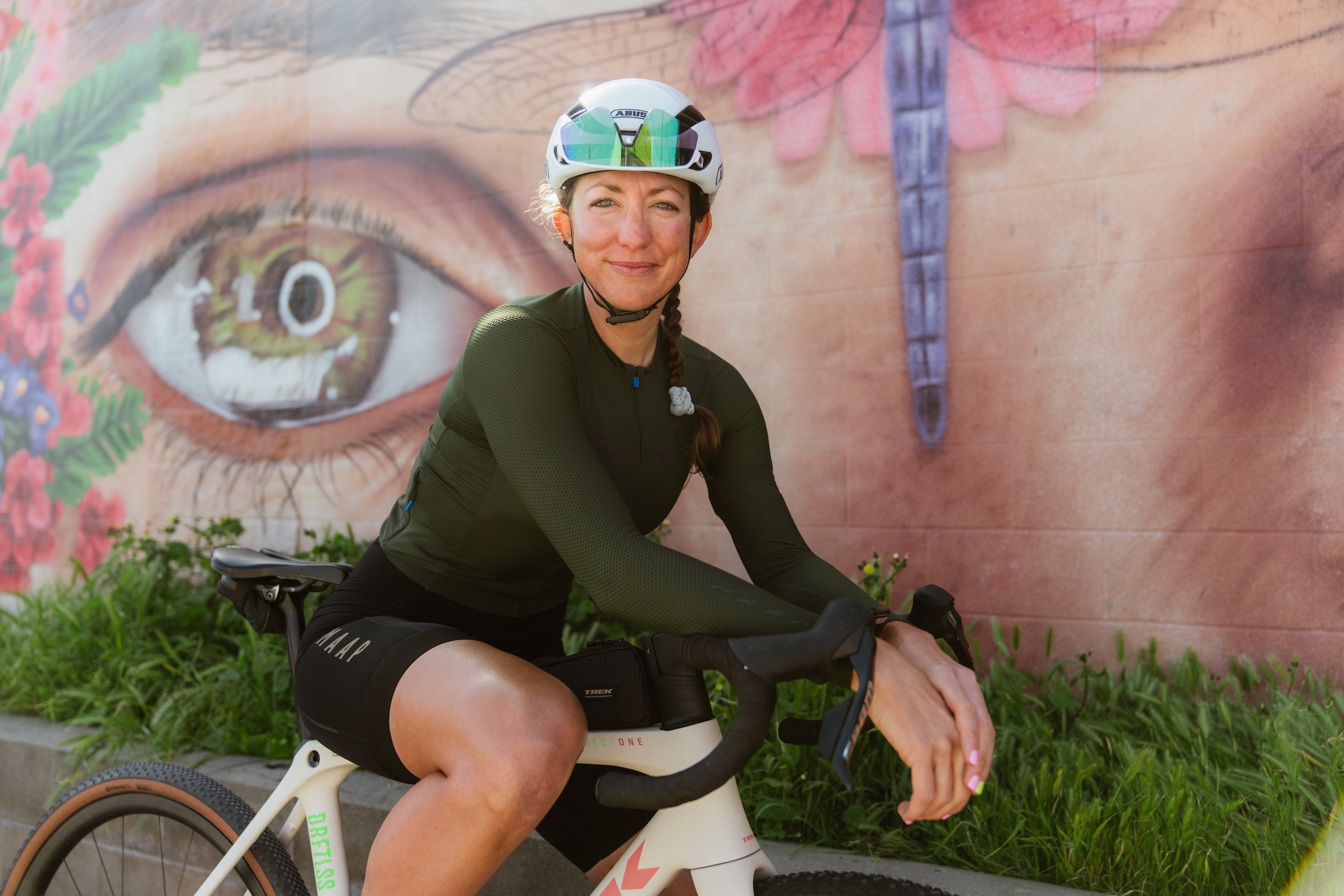Christmas could come early for unpaid SmartStop riders
Settlement reached after sponsor steps in and sues team owner to collect outstanding 2015 contracts
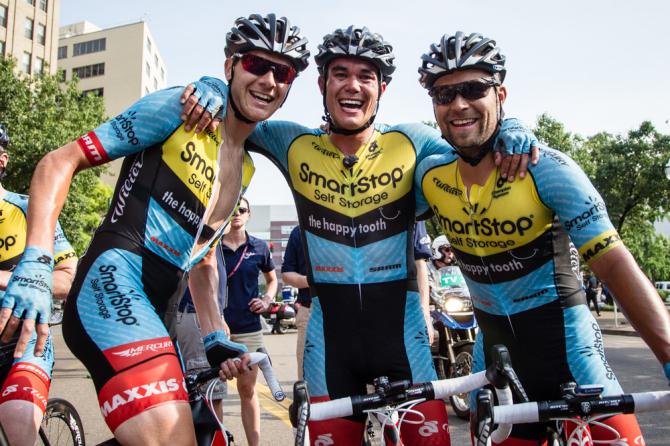
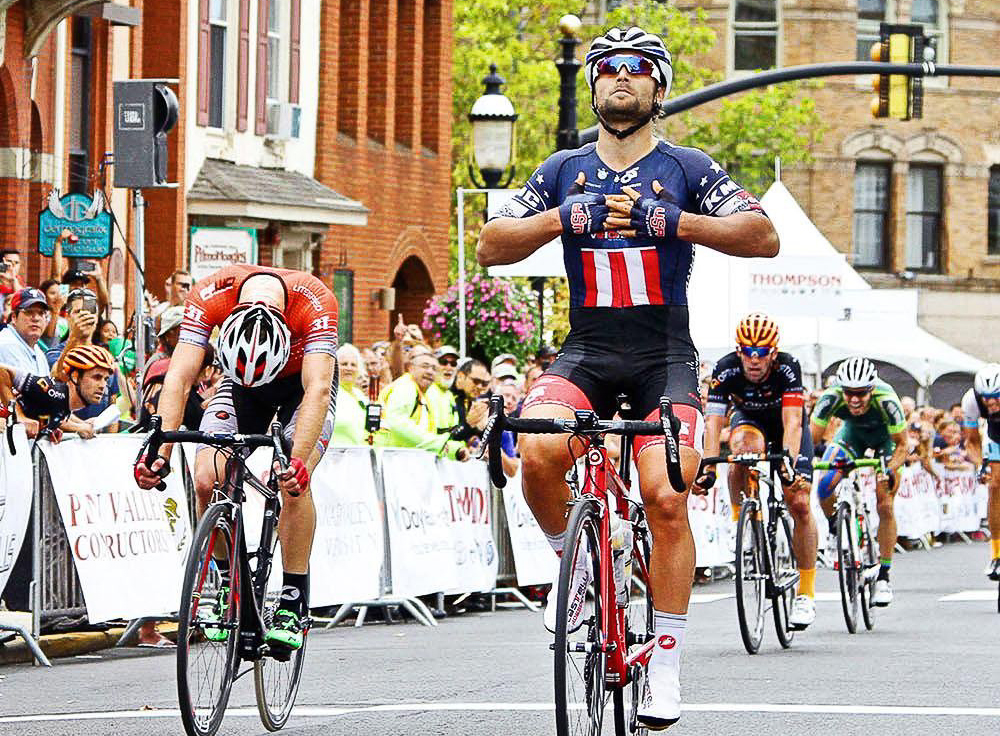
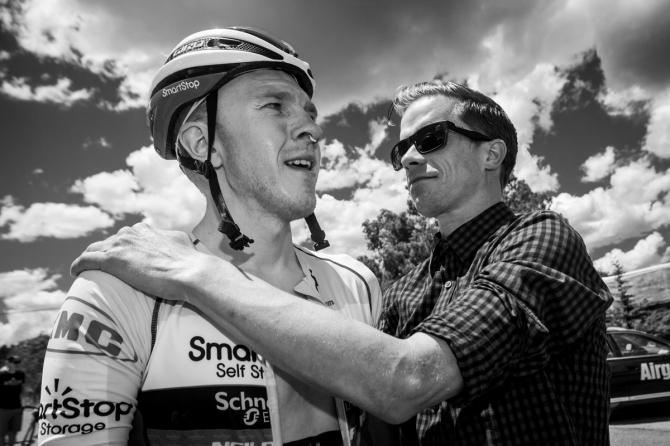
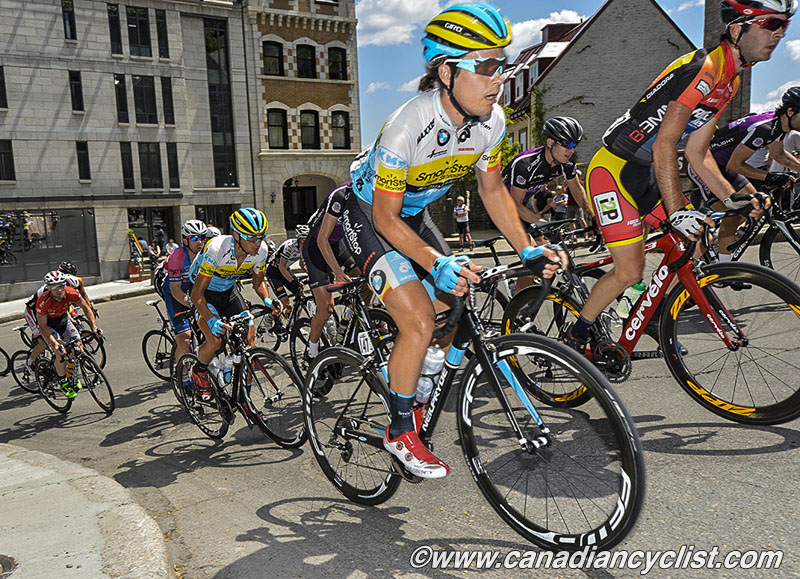
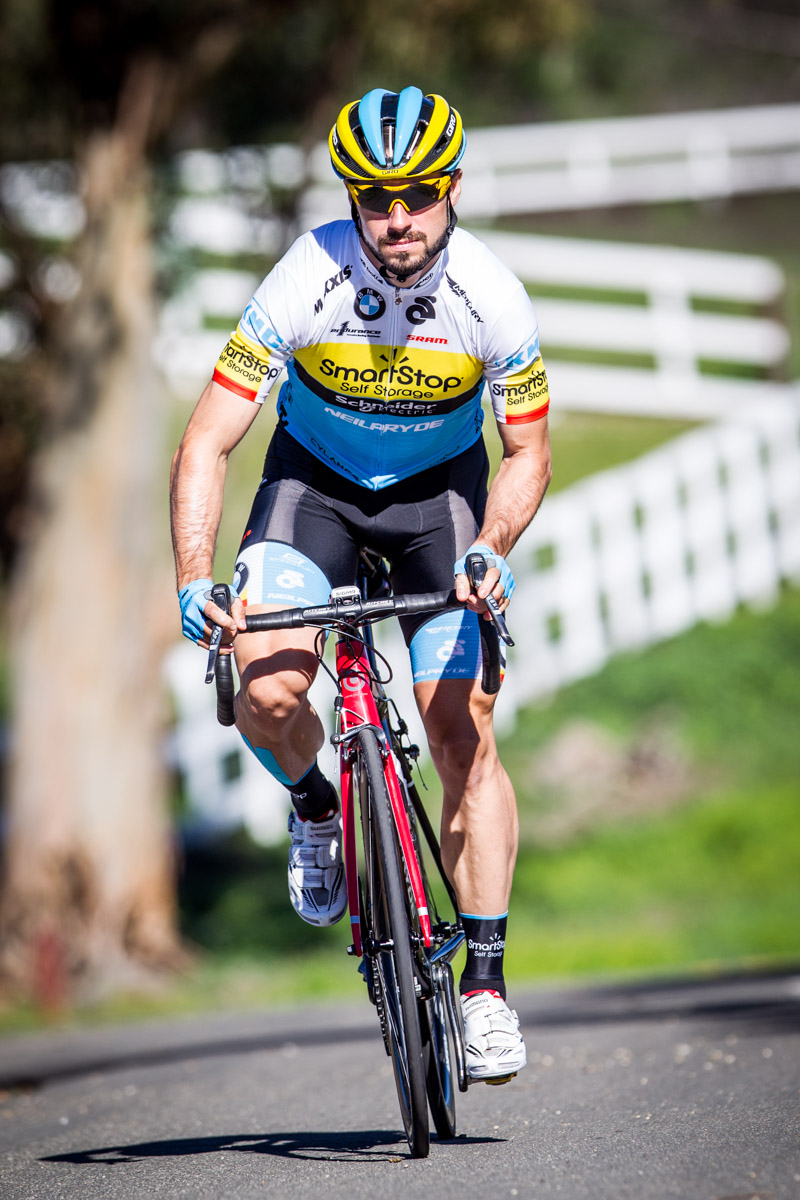
A handful of Team SmartStop riders who are still owed a portion of their 2015 contracts will be paid in full after a lawsuit filed on their behalf by the team's sponsor against the team's owner recently ended with a settlement.
Cyclingnews reported in January that many of the former riders for Team SmartStop, a US Continental team that raced from 2013 through 2015, were still owed significant chunks of their 2015 contracts when the team folded. Riders with the biggest contracts were still owed up to half of their annual salaries.
Jamie Bennett, owner of Premier Sports, the management company that ran the team, admitted at the time that the team fell short of its 2015 payroll obligations when title sponsor SmartStop Self Storage didn't renew for the following year. Despite SmartStop Self Storage having met all its 2015 contract commitments and having given Bennett and Premier nine-months notice that it would not be renewing for 2016, Premier fell well short of meeting its 2015 commitments.
That didn't sit well with SmartStop CEO Michael Schwartz, who sold the storage business in 2015 and now runs SmartStop Asset Management. Schwartz financed a civil lawsuit against Bennett and Premier Sports, leading to the recent settlement that covers the outstanding rider payments and acknowledges that the issue was Premier's responsibility and "was not in any way the fault of SmartStop," which "paid all of its sponsorship fees in a timely manner." Bennett declined to comment for this article.
Since the team folded, Premier Sports had been liquidating assets to whittle down its debts, as well as using the team's admittedly insufficient bank guarantee to offset some of the outstanding payments to riders. Just six riders from the 2015 team are still owed money, including Zach Bell, Rob Britton, Evan Huffman, Travis McCabe, Eric Marcotte and Bobbie Sweeting. Former SmartStop rider Jure Kocjan's contract was voided when the UCI suspended him in 2016 for a positive result in a retro-active test of an anti-doping sample taken in 2012 when he rode for another team.
McCabe told Cyclingnews the settlement amounted to $52,000 in all, with his cut totaling $9,000.
"Great news. I never saw it coming," McCabe said by phone while traveling to Colombia for training camp with UnitedHealthcare, his 2017 team. "I haven't talked to Michael a lot, but he messaged us when it all happened, and he said that he was going to get his lawyers involved and it wasn't the end of it. He was going to make things right or us. So, yeah, he did for sure."
The latest race content, interviews, features, reviews and expert buying guides, direct to your inbox!
Riders could get paid this month, McCabe said, adding that they need to fill out and return some required paperwork before payments could move forward.
"[Schwartz] said it would be a nice little Christmas bonus, so get everything filled out as quick as we could," McCabe said. "I think all the guys got it in right away."
'Unprecedented'
Stories of riders getting short shrift when teams implode are all too common, especially at the Continental level, but rare is the report of riders having been paid in full after the fact, much less a year later. Riders in the SmartStop settlement were obviously excited to get their back pay, especially because it happened in the face of long odds. Britton, who signed with Rally Cycling for 2016 and 2017, described it as "unprecedented". Sweeting agreed.
"It's unheard of in this sport, for sure," said Sweeting, who retired after the 2015 season and now runs a wheel company. "I have no idea what the timeline will be until we actually see anything, but it's exciting news nonetheless. It would be great to see an article that shows Smartstop in a positive light and lets people know what a good person Michael is. He definitely came through for us."
Bell, who is now the Rally Cycling women's team director along with running the Parcours Institute, said Schwartz ensured a positive outcome by going well beyond any role he had to play.
"I think it is really important to recognize that, because so often the sponsor gets a bad name in these things; people think they abandon the sport or the team," Bell said.
"This was just the opposite. Yes, their business changed and there was no longer a sponsorship, but Micheal and his team made sure that the work and project they started was followed through to completion," Bell said. "It cost them time, money and resources above and beyond their original commitment to ensure that the guys who did the blue-collar work didn't get left out in the cold by a bad decision. That's commendable and how you should do business."
McCabe said it was a real morale boost for riders like himself to have someone step up and support them in such a tangible way as they pursue their cycling dreams. Riders at the Continental level sacrifice a lot and usually make relatively little money, so missing paychecks can be devastating.
McCabe recalled that at this time last year he was scrambling to sell anything he could, trying to make ends meet until the contract with his 2016 team kicked in. Now this year he's jumped to the Pro Continental level with UnitedHealthcare and, thanks to Schwartz, could have a little something extra under the tree at Christmas.
"He wanted to make things right, and he did," McCabe said. "That's a pretty awesome feeling."
Growing up in Missoula, Montana, Pat competed in his first bike race in 1985 at Flathead Lake. He studied English and journalism at the University of Oregon and has covered North American cycling extensively since 2009, as well as racing and teams in Europe and South America. Pat currently lives in the US outside of Portland, Oregon, with his imaginary dog Rusty.
